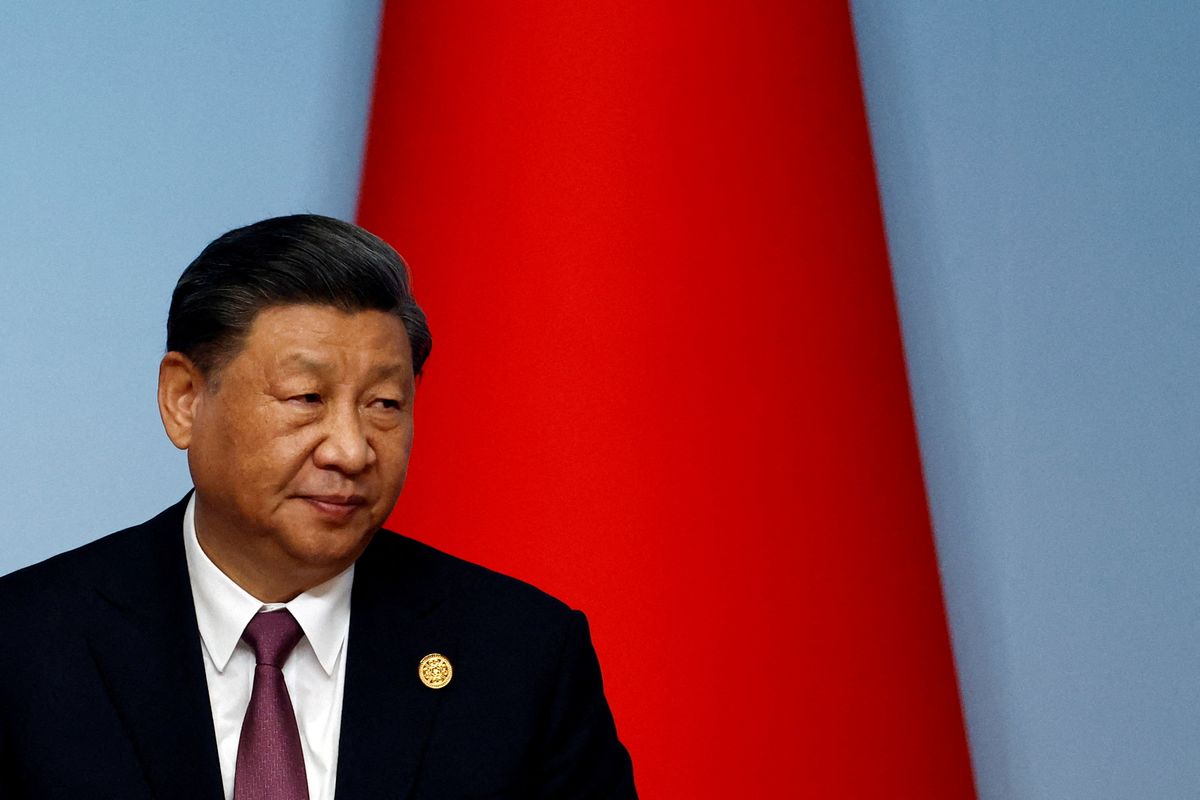China's three-year campaign against invasive species
Last month, Chinese customs caught a woman trying to smuggle in five live corn snakes while crossing the border in Shenzhen.

A few minutes every morning is all you need.
Stay up to date on the world's Headlines and Human Stories. It's fun, it's factual, it's fluff-free.
The backstory: China's commitment to addressing biosecurity and biodiversity concerns goes back to October 2020, when it introduced its first-ever biosecurity law in the wake of the coronavirus outbreak. The idea was to be ready for any potential threats like diseases, epidemics and invasive species. It officially kicked off in April 2021 and wasn't just about human health. It also emphasized measures to prevent invasive species. The thing is, invasive species are plants and animals that aren’t native to a place, so they often can overproduce and get out of control, disrupting and harming the local ecosystem.
Later in 2021, China released a biodiversity white paper before the UN Convention on Biological Diversity in Yunnan province. It underscored the country’s commitment to tackling invasive species. Beijing committed to strengthen control over these intruders and take decisive action against any threats they may pose. China even started a census last year to learn more about invasive species in the country and the damage they are actually causing.
More recently: Last month, Chinese customs caught a woman trying to smuggle in five live corn snakes while crossing the border in Shenzhen. Another man was also caught trying to smuggle six live ball pythons in by hiding them in his socks. This is a problem because customs rules require people to declare bringing these kinds of things into the country so they can be quarantine and examined to prevent any foreign disease outbreaks or potential environmental damages.
Just last week, Chinese President Xi Jinping spoke at a national ecological and environmental protection conference, underscoring the importance of protecting the natural environment and ensuring ecological and nuclear safety for the country's development and survival. President Xi urged authorities to take all necessary measures to protect and preserve the environment.
The development: Now, China's customs authorities are taking strong steps to keep invasive plants and animals from entering the country. They've launched a three-year campaign to deal with the issue, pointing to the growing risks coming from international trade and lots of people traveling across borders. To tackle this head-on, they're intensifying inspections at ports, improving early warning systems and using more advanced technology and analysis.
During the first half of this year, customs officers managed to intercept over 1,400 live animal and plant species that were not allowed into the country. Officials also expressed concern about criminal gangs illegally importing animals for the exotic pet market.
According to the Ministry of Ecology and Environment, China is facing over 660 invasive species, and 71 of them are threatening to local ecosystems. Some of these troublemakers include cordgrass, fall armyworms and red imported fire ants that are messing with local wildlife and crops.
Key comments:
“China’s commitments are unswerving, but the path towards the goals as well as the manner, pace and intensity of efforts to achieve them should and must be determined by the country itself, rather than swayed by others,” said Chinese President Xi Jinping last week at a conference. “[We should] actively and steadily work toward carbon peaking and carbon neutrality, foster a clean, low-carbon, safe and efficient energy system, accelerate the formation of a new power system and strengthen the country’s capability of guaranteeing oil and gas security.”
“Once something’s wrong with agriculture, our bowls will be held in someone else’s hands and we’ll have to depend on others for food. How can we achieve modernization in that case?” said President Xi in an article published in March by Qiushi, the Communist Party’s main theoretical journal.
"Invasive species usually enter one country from another through introduction for the purpose of animal feeding and as ornamentals, or introduction by accident during trade, tourism or war,” said Mao Runping, a member of the Wuhan expert group responsible for the national census, to China Daily last year. "In a foreign country, the species can reproduce quickly because no natural enemy species can restrict it like it does in their original environment."




Comments ()